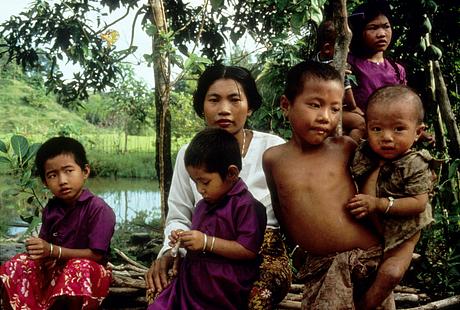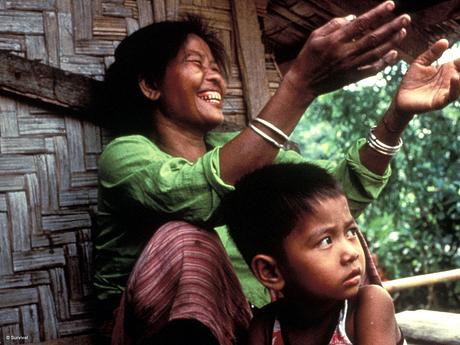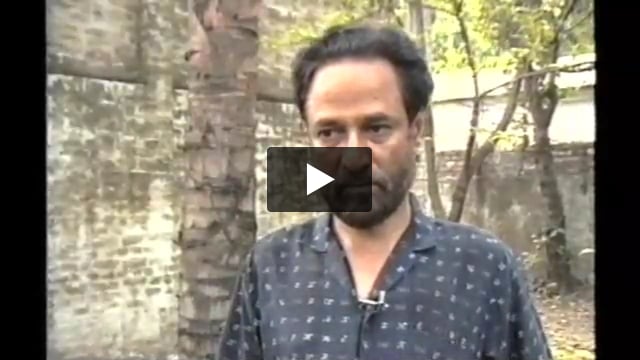Attacks on Jummas continue despite government promises
October 24, 2015
 © Mark McEvoy/Survival
© Mark McEvoy/SurvivalThis page was last updated in 2015 and may contain language which is now outdated.
Killings, sexual violence, torture, arbitrary arrests and land grabbing continue in the Chittagong Hill Tracts of Bangladesh, eighteen years after the historic peace agreement between the government and the Jumma tribal people.
In 1997 the Bangladesh government promised to end the militarisation of the region; withdraw temporary military camps and return the land that had been stolen by the army and settlers to the Jumma people, but these promises have not been kept.
The military camps remain in what is still a highly militarised region, but the army is not protecting the Indigenous Jumma population. Instead soldiers stand by while Jummas are raped, murdered and have their houses burned down by settlers. Land grabbing by both settlers and the army continues.
Speaking of the growing violence against women and young girls in the area, Jumma activist Subir Chakma said, ‘Our girls and women are not safe. They cannot go to schools, they cannot go to the rivers to fetch water or to take baths, they cannot go to the market places, they cannot go to the nearby jungles and now they cannot even stay home, they are raped everywhere.’
The hill tracts are home to 11 tribes, collectively known as Jummas after their sophisticated and sustainable farming method, known locally as ‘Jhum’. Hundreds of thousands of settlers have been moved into the hills over the last sixty years, displacing the Jumma people and subjecting them to brutal repression.
Jumma people, supported by organisations including Survival International, have launched a petition to draw attention to the worsening situation in the Chittagong Hill Tracts.The petition calls on the Bangladesh government to end the human rights violations against the Jumma people and to implement the 1997 peace accord fully.




